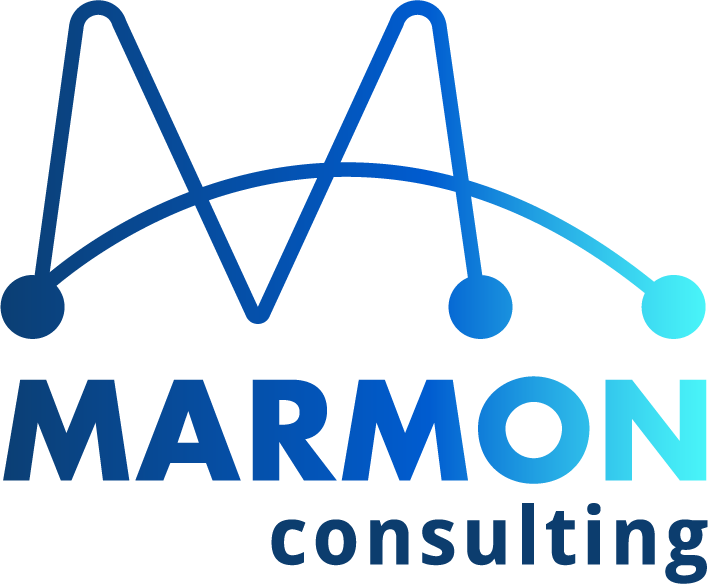
Pam Marmon
Overcome Resistance
Every leader can relate to the pressures associated with leading change. Resistance is rarely absent from a transformation. By understanding human motivation and the principles to manage change effectively, you can help people catch the vision and advocate for progress!
While the anticipation of a transformation can excite some people, most of us wrestle with the uncertainty associated with change. Inevitably, the question ‘what’s in it for me?’ can cloud our perception and lead us to behave with counterproductive actions. We can most likely identify a time in our life when, unconsciously, our intuitive response to change was to initially resist it.
As leaders, our role is to help people understand the change, why it impacts them, how it impacts them, what’s expected of them, and what resources are available to help people move forward. Thoughtful communications and intentional engagement will gently shepherd people on this journey.
When you think of resistance, instead of thinking of it as trouble, consider it an opportunity to help others be transformed. This is a challenging mindset shift. How we as leaders think about resistance will drive how we respond to others. Say it out loud: resistance = opportunity!
Resistance is a natural expression when we encounter something new. We don’t like when change happens to us. We want to be in control of our lives. It’s important to remember that and to empower people to feel like they have a sense of control, if not of the direction, then certainly how they choose to respond to the situation.
I once worked with a client that anticipated resistance to a culture shift the organization was undergoing. Before we could expect people to change their behaviors, we needed to understand the type of resistance we could encounter, so we could equip everyone for success.
"Resistance = Opportunity!"
While resistance can be tangled in a complex cultural context, we can simplify the behaviors into categories. In the book, Beyond the Walls of Resistance, Rick Maurer identifies three areas of resistance. Let’s unpack each category and address how you can mitigate resistance in your organization.
- Intellectual– “I don’t understand it.” If you sense that people are confused by the change you are leading, it’s best to address it at the intellectual level. Our objective is to help people understand why this change is taking place, ask questions, speak in a way they would understand, answer ‘what’s in it for me’, listen, and repeat the communication messages multiple times and through multiple channels.
- Emotional – “I don’t like it.” If you observe emotional reactions to the change you are leading, it’s best to address it by allowing people to express their feelings about the change. Our objective is to help people reach a favorable reaction. You can expect this to take place through intentional conversations over a period of time. Remember to acknowledge concerns, be honest and transparent up front, engage people in dialogue, listen and highlight the positive. By allowing people to process how they feel about the change, you are validating that their buy-in is important and you value them as individuals.
- Personal– “I don’t trust it or I don’t trust you.” This can be the most challenging type of resistance because of the deeply rooted conflict at the core. If you or other leaders have compromised the organizational culture of trust, the objective is to first build trust and establish confidence. It’s important to acknowledge past mistakes, build relationships, leverage the influencers in the group, listen to people’s concerns and allow yourself to be influenced. Over time and with good counsel, course-correction can lessen the personal resistance.
By now, you may have identified the type of resistance your organization is facing and you may be ready to put some ideas into action. Ask yourself, “Is the resistance intellectual, is it emotional, or is it personal?” While addressing resistance may not be your most favorite activity, for the sake of your organization’s health, it is a meaningful endeavor worthy of understanding and overcoming.
For more advice on workplace change, you can find No One’s Listening and It’s Your Fault and Speak Up or Stay Stuck on Amazon.
Pam Marmon is the CEO of Marmon Consulting, a change management consulting firm that provides strategy and execution services to help companies transform. From executives at Fortune 100s to influencers at all levels, Pam helps leaders achieve lasting organizational change with minimal disruption. She is also the bestselling author of No One’s Listening and It’s Your Fault, a book that equips leaders to get their message heard during organizational transformations, and the creator of the LESS change management framework. Pam and her family live in Franklin, Tennessee, and chase adventures wherever the road takes them.
Need help leading change in your organization? Get in touch to learn how.
